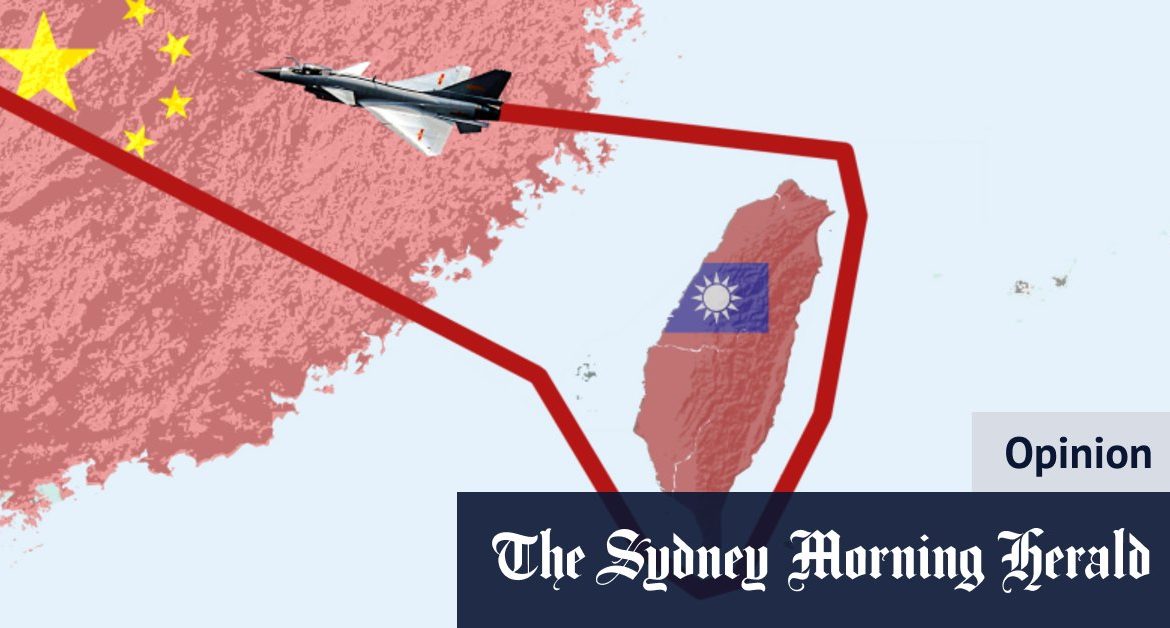When Foreign Minister Marise Payne and Defence Minister Linda Reynolds travelled to Washington in July for Australia-United States Ministerial Consultation (AUSMIN) talks, it was perhaps to be expected that eight of the 10 points in Canberra and Washington’s joint statement would refer to the People’s Republic of China.
What was surprising was Senator Payne’s pointed refusal to echo some of then secretary of state Mike Pompeo’s more bellicose rhetoric. “We make our own decisions and we use our own language. The relationship with China is important and we have no intention of injuring it,” she said.
July 2021 will mark 50 years since Washington upended its China policy, moving to forge relations with the communist-ruled People’s Republic and sending what it had called the Republic of China – today’s Taiwan – into a form of diplomatic limbo.
It was a decision that caught the Coalition government of the day on the hop. Having condemned opposition leader Gough Whitlam as a dupe for visiting Beijing, then prime minister Billy McMahon had little choice but to declare that “his [Nixon’s] policy is ours”.
This left Australia and the United States in an ambiguous position that persists to this day. Officially, we do not recognise Taiwan as a sovereign state or even a separate entity, nor do we regard its elected officials as a national government. Yet, practically we support it as an outpost of democracy, at a time when Beijing is becoming increasingly authoritarian, particularly in its approach to dissent and minorities.







